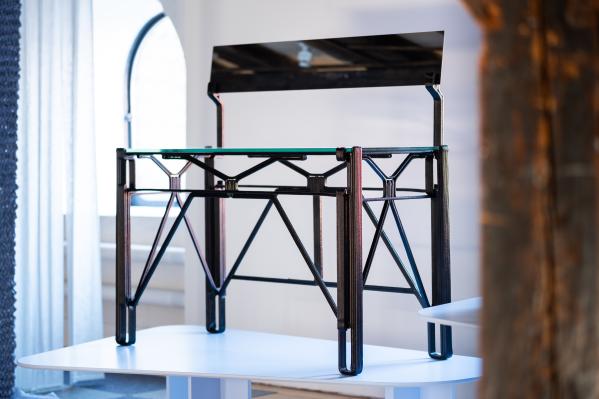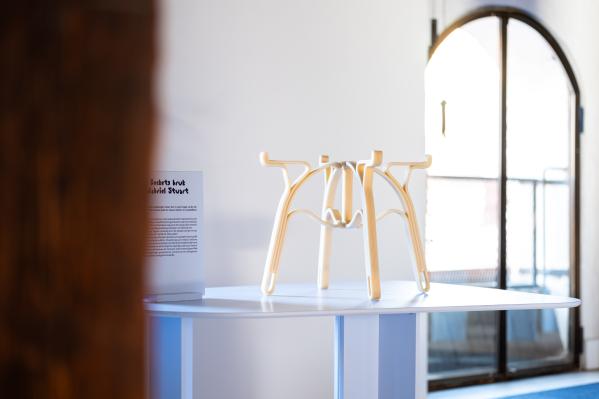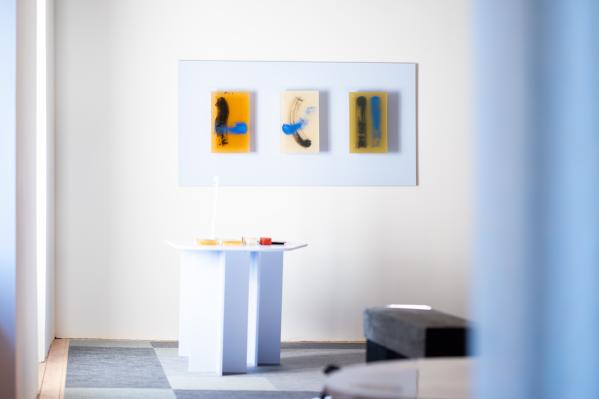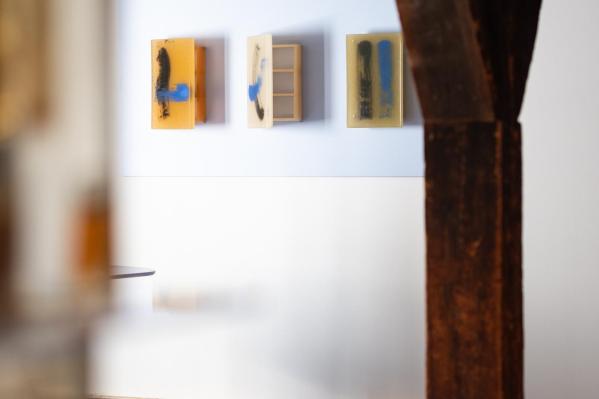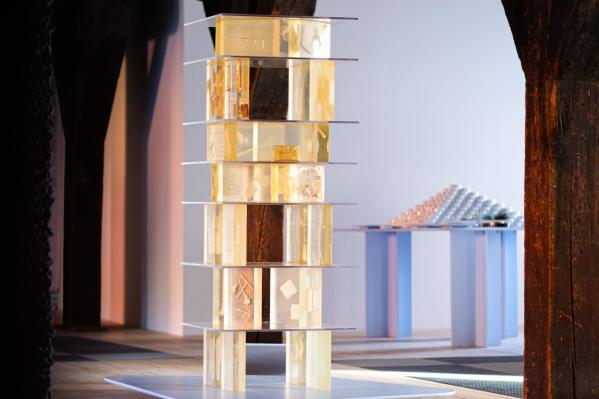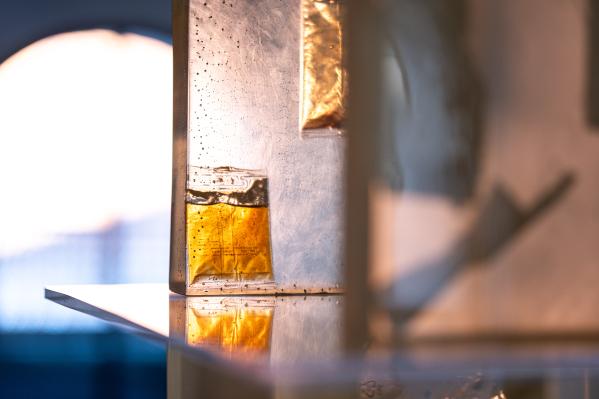Through design, art and architecture Plastic Perspectives explores how, when and why the material should be used. Because today, plastic is everywhere on Earth, even visible from space, and impossible to completely remove.
The exhibition, which is based on several years of research, examines our often-uncritical relationship with plastic and highlights that everything that is produced must be taken care of. We are challenged to change our view of plastic, from something ugly that is often thrown away, to a material that can be refined through craft and become objects worth keeping. It reflects on the human need to color plastic in thousands of nuances – despite the knowledge that color and additives make plastic more difficult to recycle. Plastic Perspectives addresses recycling and takes a critical look at today's agricultural and food production systems. Ten artists depart from current research through different methodologies and artistic expressions.
The exhibition's themes are also reflected in its design, which expresses that plastic can have different structures, colors and sheen. The textile elements consist of crafted industrial plastic waste and borrowed textiles made from recycled polyester. The podiums are painted in plastic-free paint and the floor surface features bio-based plastic.
Plastic Perspectives conveys that change towards more sustainable plastic use must take place in all sectors, at the individual as well as the societal level. The solutions are not simple, but many, and include everything from changed and reduced production and consumption, more reuse and better recycling, to a radically changed view of what a modern society can and should be. It all starts in the conversations about the potential and problems of plastic.
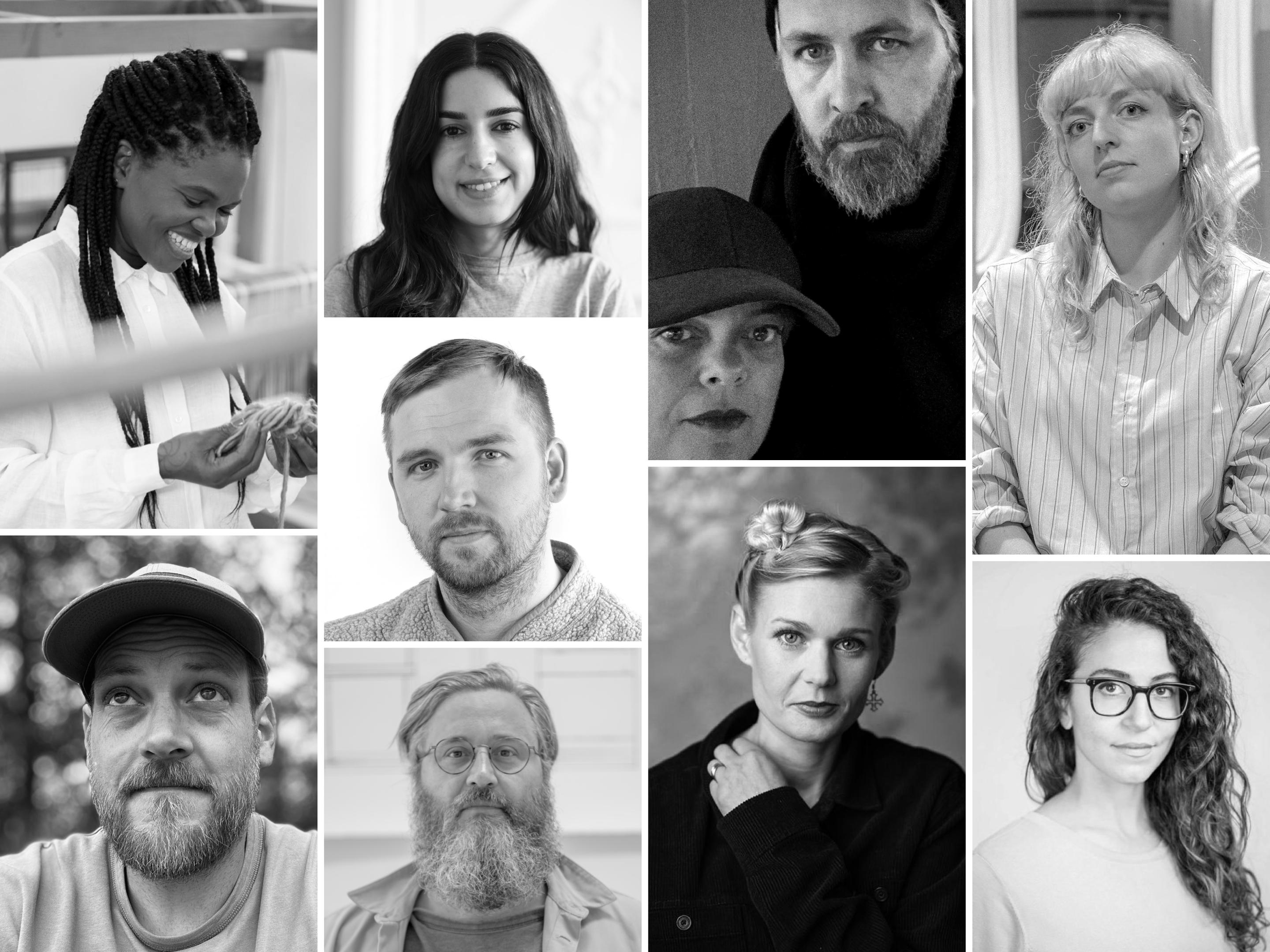
Exhibitors
- Andréason & Leibel, designers Kristin Leibel and Kristian Andréason
- Sogol Baghban, architect MSA and university lecturer at KTH
- Melissa Ciardullo, interdisciplinary designer
- Ebba Lindgren, designer/artist
- Johan Löfgren, artist
- Pontus Johansson, Children’s culture designer & lecturer at HDK-Valand
- Gabriel Stuart, architect and designer, SAR/MSA, BFA
- The Ninevites Design Studio, Nkuli Mlangeni-Berg, textile designer
- Kajsa Willner, designer
The works are inspired by the research programme STEPS (Sustainable Plastics and Transition Pathways), which is led by Lund University. The exhibition is funded by Formas and is a collaboration between researchers, Form/Design Center, Konstfack and Formprocess.
